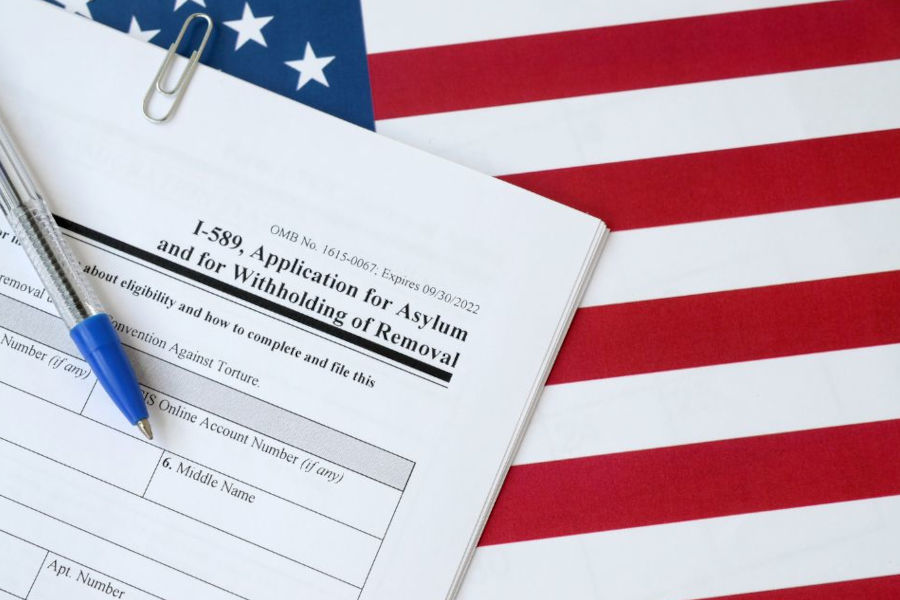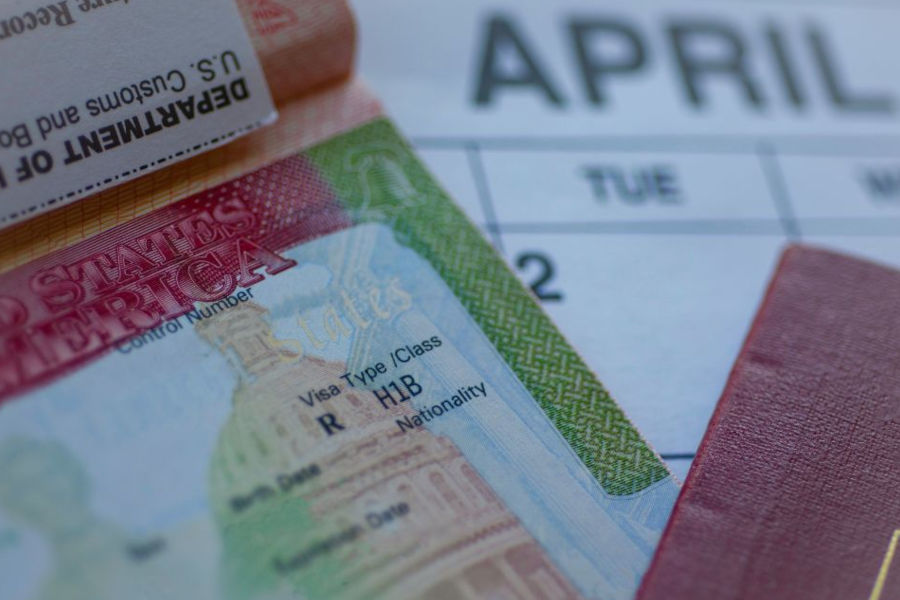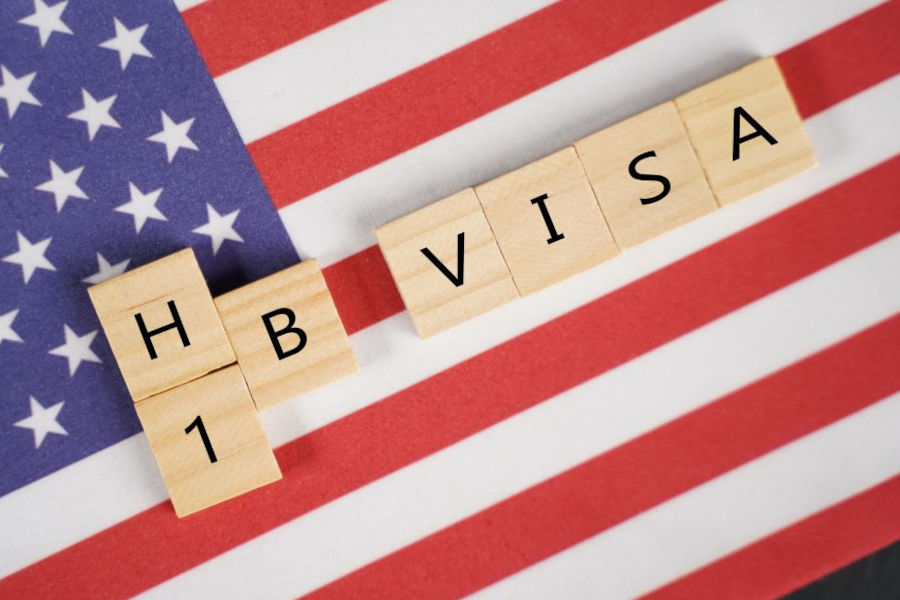On October 10, 2018, the Trump Administration has made a family immigration more challenging by releasing a proposed rule regarding a proposed change to the “public charge” ground of inadmissibility. The public charge factor for inadmissibility has long been in the Immigration and Naturalization Act and until this point, “public charge” has been used to describe a person who likely will become dependent on the government for subsistence.
If approved the proposed rule will be a broad expansion of the Trump Administration’s ability to deny visa and/or residency to immigrants who have broadly used or received public benefits. Benefits targeted include non-cash benefits such as: Medicaid, Medicare Part D Low Income Subsidy, the Supplemental Nutrition Assistance Program (SNAP), Section 8 Housing Choice Vouchers, etc. These programs account for some of the largest and most fundamental federal programs that help low-income individuals access basic needs.
Under the proposed rule, the following factors will be used to consider if the immigrant is inadmissible as a public charge:
1) The immigrant is not a full-time student and is authorized to work, but doesn’t have current employment, has no employment history, or prospect of future employment;
2) The immigrant is currently receiving or is approved for a designated public benefit;
3) The immigrant has previously received a benefit within 36 months of application for a visa, admission, or adjustment of status;
4) The immigrant has a medical condition that is likely to require extensive medical treatment that would interfere with their ability to support themselves.
5) The immigrant has been previously found inadmissible or deportable as a public charge.
The Migration Policy Institute (M.P.I.) finds that the proposed rule will disproportionately make family immigration from Central America, Africa, and Asia more difficult. Mark Greenberg, a senior fellow at M.P.I said, “The proposal is giving the administration enormous discretion over who enters the country and who can get a green card.” While the proposed rule states that it will only consider the direct receipt of benefits by the applicant, not the benefits received by dependents or other household members, there is an immense concern that immigrant families will forgo benefits out of fear. Nonprofit and civil liberties organizations warn that the rule will force immigrants to make tough choices, even though they are legally entitled to many public benefits.










